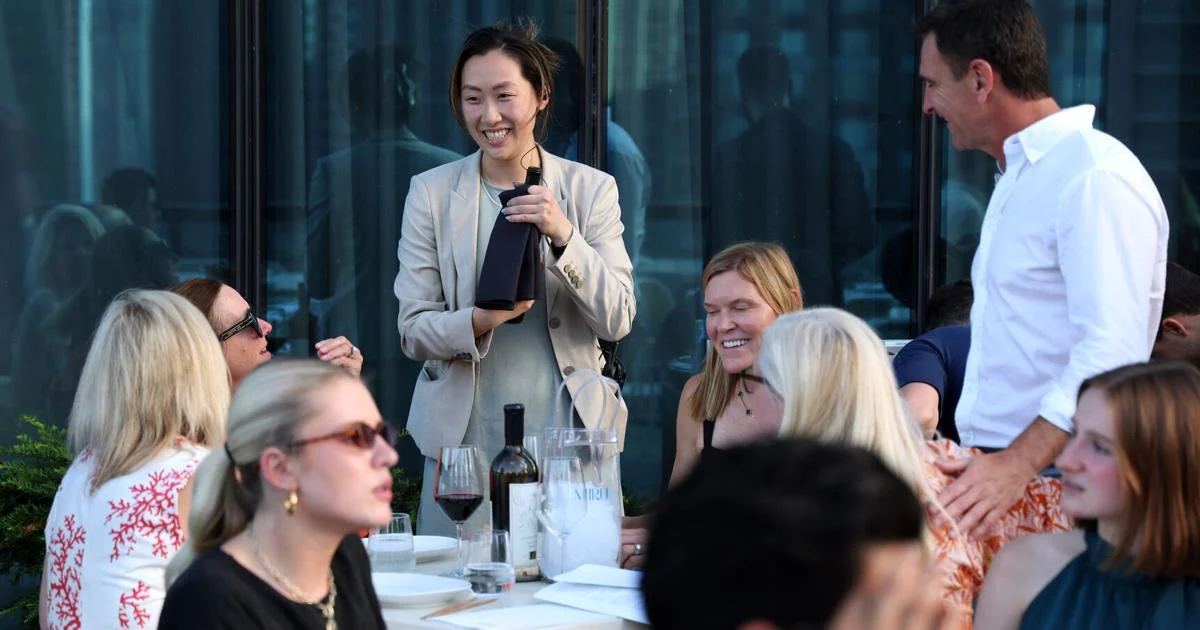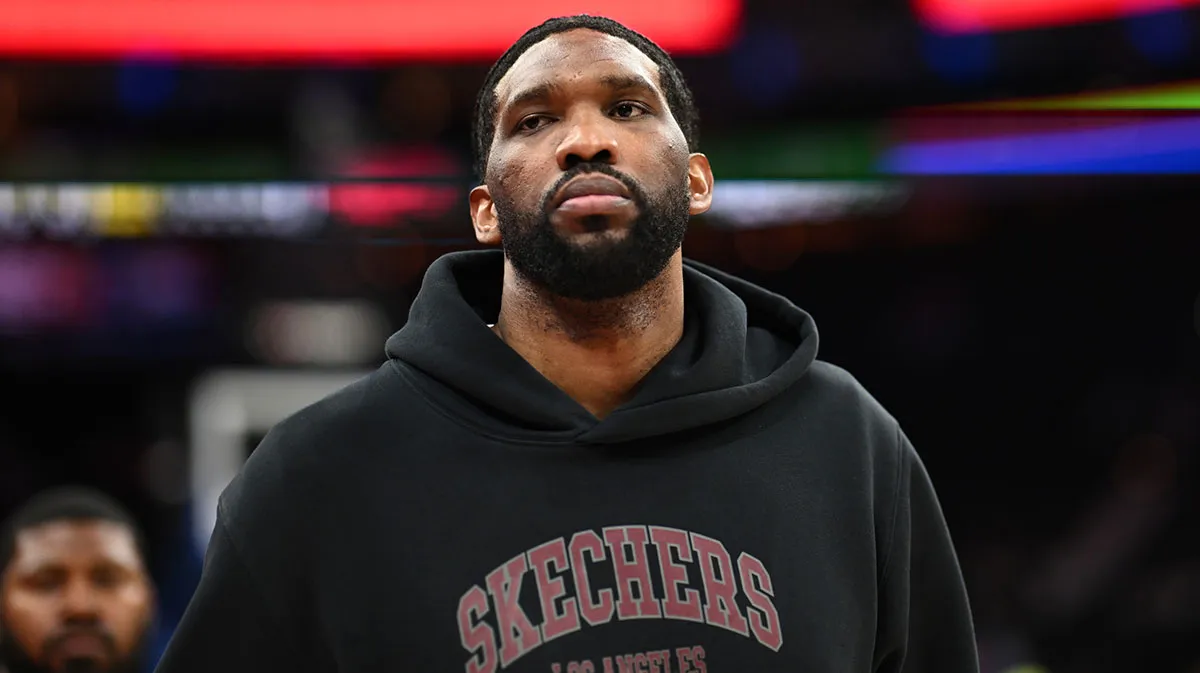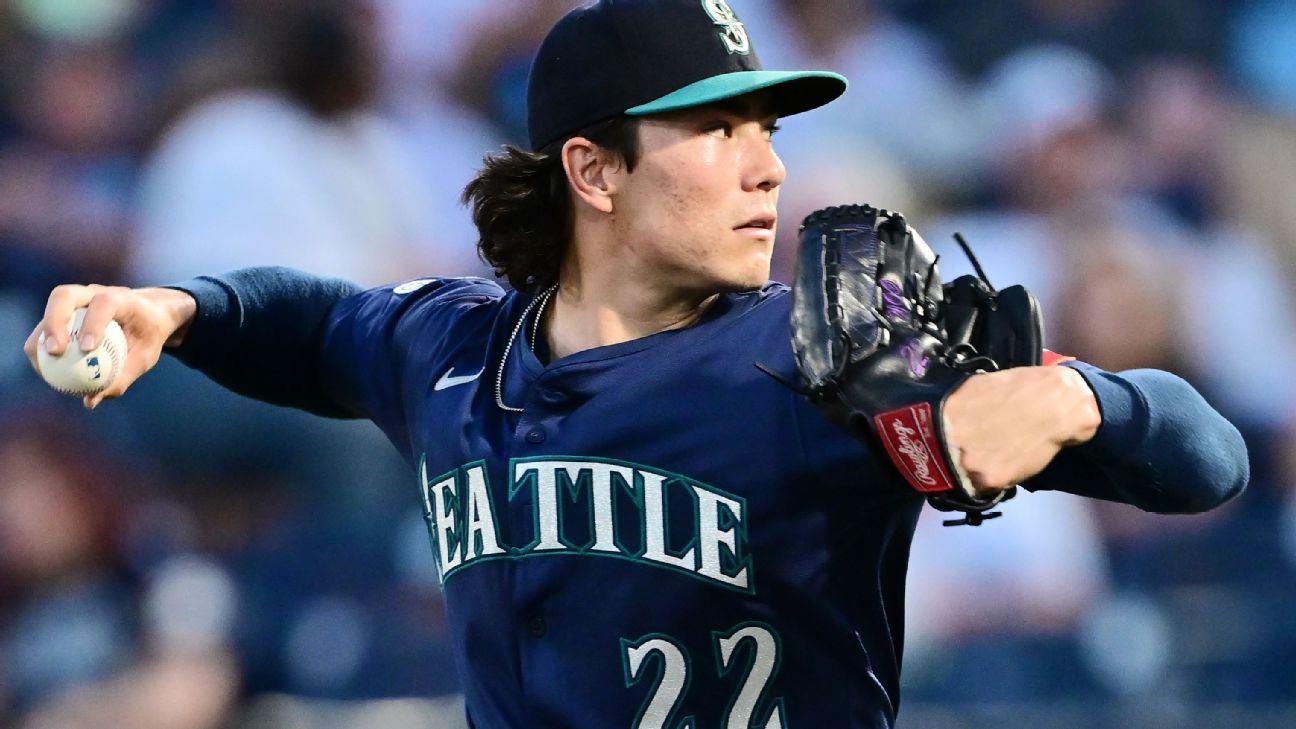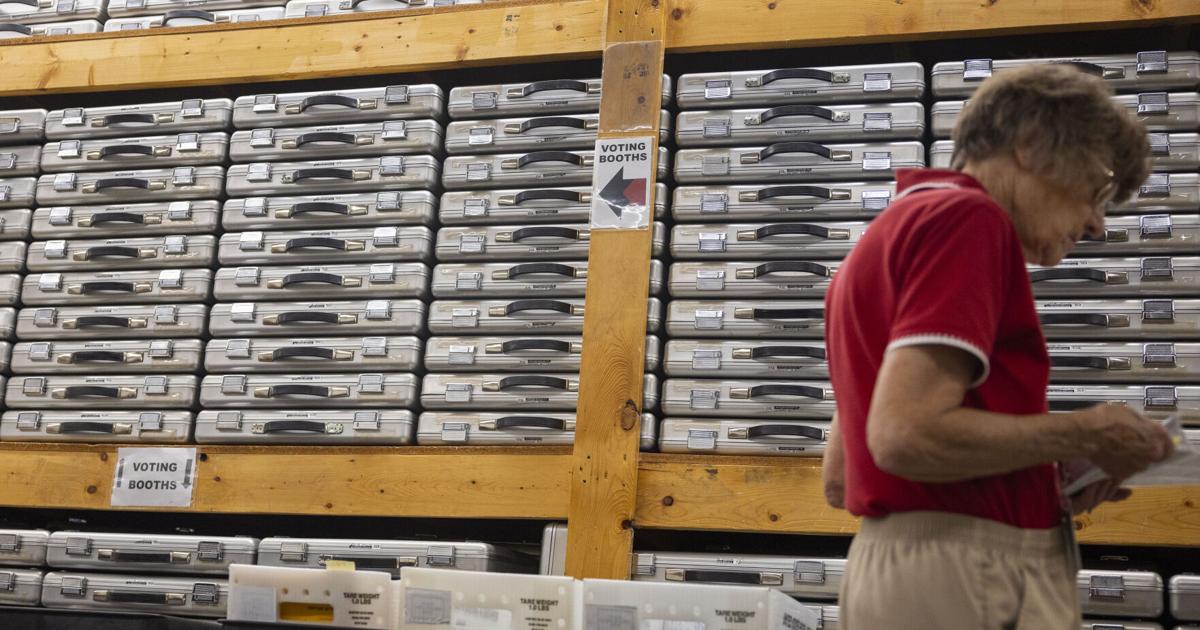
Gen Z is an easy target. They’ve been blamed for everything from the downfall of skinny jeans to the end of basic phone etiquette. And now, if headlines are to be believed, they’re destroying the wine industry, too. Health-conscious, sober-curious and strapped for cash, they say, Gen Z barely drinks. And if they, do, they’re skipping wine in favor of hard seltzers, cocktails or cannabis infusions.
But is Gen Z truly to blame for wine’s decline? Or are they simply the most visible face of a broader cultural shift?
Statistics about Gen Z, wine and alcohol are murkier than headlines suggest. Much attention has been paid to reports that young adults drink less alcohol than older generations. However, recent data from drinks industry research group IWSR suggests Gen Z is catching up.
What’s clear is that alcohol consumption overall is trending downward, especially when it comes to wine. In 2024, global wine consumption fell to its lowest level in more than 60 years. Moderation in alcohol has become a cross-generational trend and Gen Z (currently age 13-28) is coming of age in an increasingly different drinking culture than their parents or grandparents.
“It may not be that Gen Z is drinking less,” says Ting Ting Shi, 25, a sommelier at Miru, a Japanese restaurant at the St. Regis Chicago. “But they’re probably drinking less often,” she says.
For a lot of younger people, drinking tends to be more intentional than habitual, she says. It’s more likely to be focused on specific occasions, she explains, a Friday night out, for instance, rather than a routine glass of wine with dinner or beer after work each night.
The choice overload effect
More than any other generation, Gen Z has been inundated with options, explains Olivia Gardner, 22, a recent graduate of DePaul University and server at Homeslice, a Chicago pizzeria and bar.
When her parents were Gardner’s age, besides beer and liquor, they may have considered boxed wines or wine coolers, she says. Today, she and her peers face aisle after aisle of flavored seltzers, beers and ready-to-drink cocktails.
“There are 16 different stores around you, and DoorDash will deliver it all to your door,” she adds. With so many fast, easy choices, wine doesn’t often register as the most approachable or inviting choice.
Health and intentionality
Health is a driving force in this cultural shift surrounding alcohol. Gen Z came of age just as wellness culture entered the mainstream, and as drinking was increasingly framed in terms of mindfulness, balance and control. Sobriety and sober-curious lifestyles, once considered uncommon or taboo, are celebrated.
It’s a generation with an innately “health-first mindset,” says Daisy Siders, 26, a sommelier at RPM Italian in River North. “We drink, but we’re conscious, even overly conscious about the effects of alcohol on our bodies,” she says.
It’s somewhat of a Gen Z cliché, she admits, but “we close out our bar tabs (after each round) because we want to keep track of how much we’re drinking and spending.”
The crossroads of values and affordability
The wine industry has rushed to court younger drinkers, shaking off its stuffy, elitist reputation with appeals to perceived millennial and Gen Z values like authenticity, sustainability or emotional connection. Gen Z often favors products that align with their ideals, says Shi, but “overwhelmingly, I would argue that cost has been the biggest driver in Gen Z drinking habits.”
That reality isn’t unique to Gen Z, but rather a reflection of where they are in life. “As a younger demographic, we have less purchasing power,” Shi says. “And especially with so much talk about inflation and tariffs, it’s impossible not to be price conscious.”
Wine, in time
It shouldn’t be a surprise that many young Americans aren’t instinctively drawn to wine. In a country where wine culture is still relatively young, wine hasn’t been the obvious entry point for any generation of Americans.
“It’s really a familiarity thing,” Shi says. “Most young people know more about a margarita or an espresso martini than they do about sauvignon blanc or chardonnay.”
But Gen Z has so much potential to grow into an appreciation for wine, explains Jill Zimorski, a master sommelier and adjunct professor at DePaul University’s School of Hospitality and Sports Business.
Gen Z drinkers might not exhibit the confidence to navigate wine yet, but they’ve grown up in “a much more evolved wine culture than previous generations of Americans,” Zimorski says. More than any previous generation, Gen Z Americans are likely to have been raised by wine-drinking parents. “They’re already light years ahead of previous generations,” she says.
With time, career growth and more disposable income, their interest in wine is likely to deepen. “Our incline might not be as linear, but I do think we’ll get there eventually,” Gardner says.
After all, there’s a universality to what draws curious people to wine. Beyond its appeal as a beverage, wine offers a cultural and historical depth to explore. “The education journey never ends,” Shi says.



